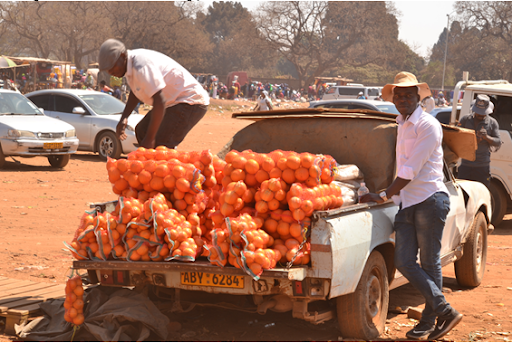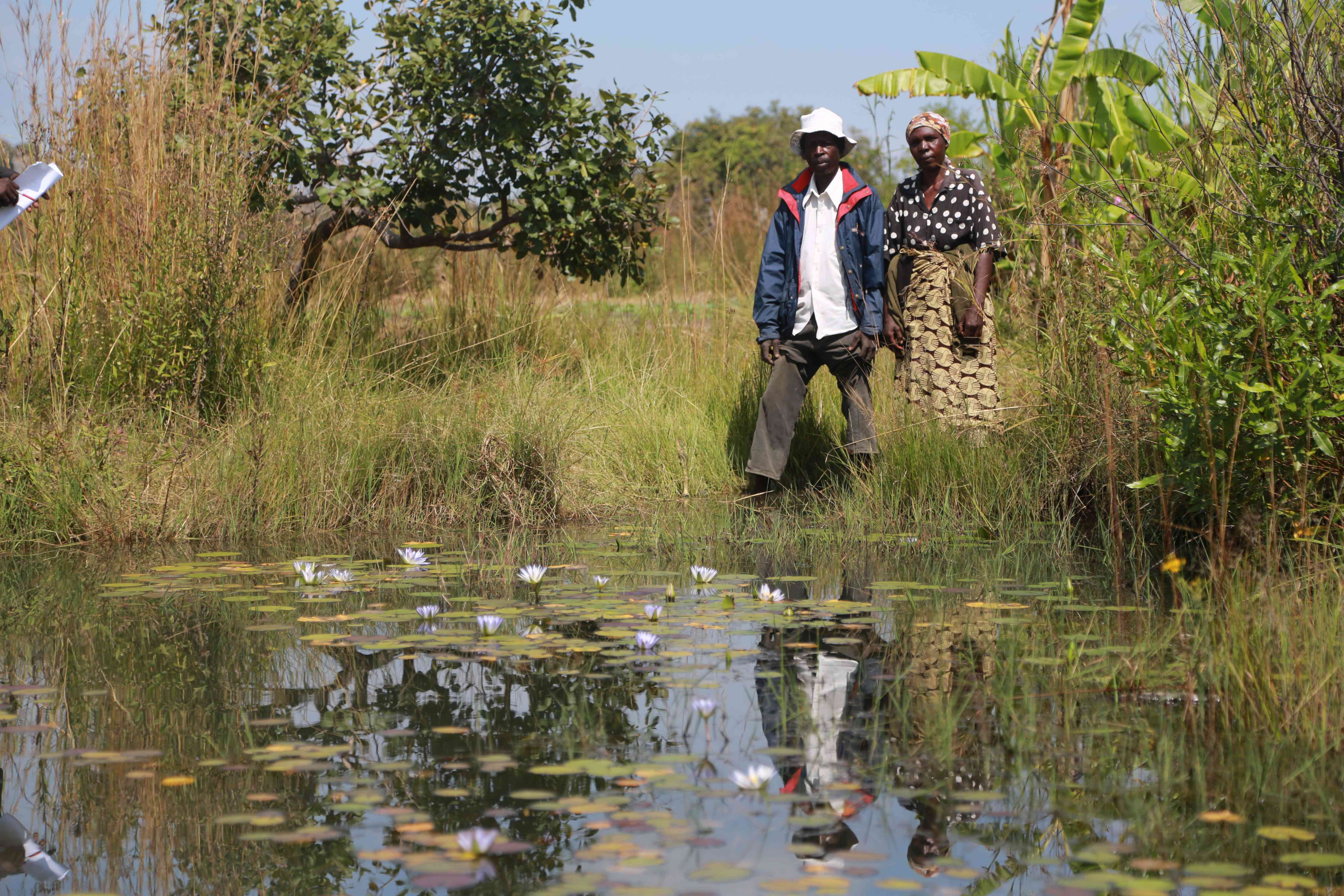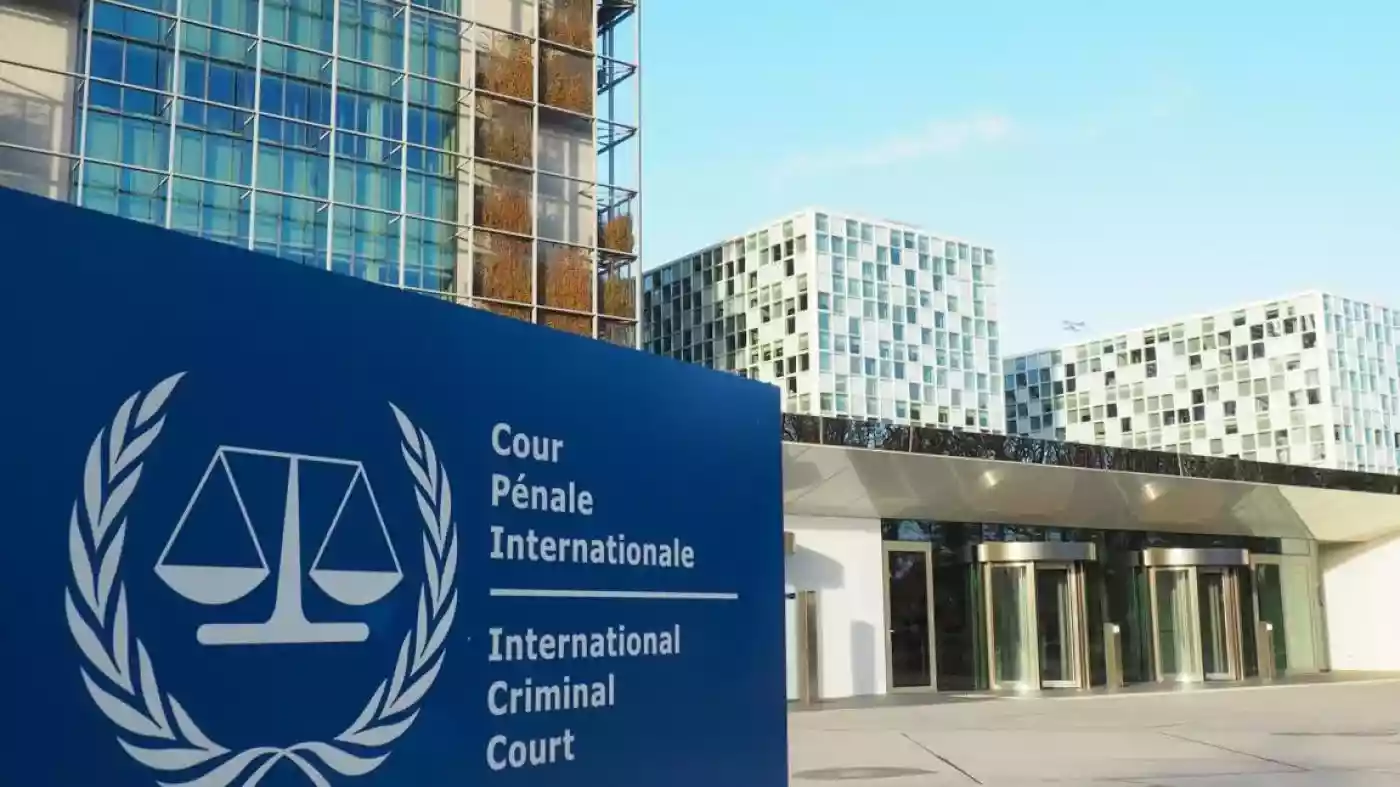
Most African economies are now driven by trading of external commodities that are not backed by local manufacturing. For example, in addition to imported food, second-hand clothes businesses are draining African resources as traders import used clothes from Asia and the Global North. Such unfortunate practices are creating employment in countries where the clothes and food imports are coming from while Africa increasingly becomes a market for non-investable commodities.
Every year the African continent is said to import food worth more than USD100 billion and this figure is set to increase to USD150 billion by 2030 unless corrective action is taken. As part of addressing this challenge fiscal authorities in African countries should be asking themselves critical questions like: As we earn income from agricultural exports, mining and tourism, how can we invest some of it in indigenous food systems, local manufacturing and markets? In some countries, gold generates a lot of foreign currency but such income does not directly benefit the majority of people except the few who work in mining. Ideally, when foreign currency is earned, there should be mechanisms of ensuring it benefits the majority not only the elite.
Why not use foreign currency and local resources to establish community industries?
Besides earning foreign currency from mineral exports and tourism, several African countries are now generating revenue from road services through toll-gates. For instance, in Zimbabwe the Zimbabwe National Roads Administration (ZINARA) collects millions of United States dollars from hundreds of transporters and motorists daily. With enough political will, part of that revenue can easily be re-invested into economic development initiatives such as community- based industries in line with economic drivers of communities or provinces in which toll-gates have been set up. For example, in Manicaland province toll-gate income can be used to support fruit-based industries since fruits are major economic drivers in Rusitu Valley and Honde Valley production zones of that province. Likewise, a certain percentage of income from toll gate fees between Harare and Masvingo can be used to set up small grains-driven industries in Masvingo districts.
Roads are valueless if there is no investment in local economic drivers and other areas that generate employment for local youths. How does the Chirundu-Beitbridge road benefit the young population? It is unfortunate that institutions like government ministries and parastatals like ZINARA that are supported by the fiscus to generate income have remained siloed. Why is it that members of parliament have no control in directing the resources from ZINARA and other parastatals but when these institutions face sustainability challenges, the fiscus is called upon to bail them out? There is no reason why surplus from ZINARA cannot be invested in employment generation industries. Given the collapse of the financial sector in most African countries, it is difficult to revive industries that are often supported by loans.
Lost confidence to revive pre-colonial industries
It seems many African policy makers have lost their confidence to revive pre-colonial industries. This is visible in how government officials celebrate foreign investors who come with their own terms but repatriate profits earned from African natural resources, leaving local people poorer and depending on imports. Where a foreign company creates 200-500 jobs, no cost-benefit-analysis is conducted to ascertain the value of employment created versus what is repatriated from local natural resources. It is a big disservice to African natural resources when African governments claim to be generating a lot of foreign currency from commodities like cocoa and tobacco while on the other hand they aggressively compete for foreign investors. Unfortunately, ordinary people have no control over foreign earnings and that means African countries have become price takers for their own natural resources most of which are non-renewable.
By depending on imports, most African countries have become consumptive economies as opposed to being productive economies. For example, they have failed to explore the potential of indigenous food systems as seen by how they continue to depend on maize and other crops that come with chemicals and other inputs. They are not investing in indigenous tubers like sweet potatoes, leaving room for external input-driven tubers like potatoes whose production factors local farmers have no control over. How can African countries re-invest income from parastatals like ZINARA to create industries that create employment in agriculture-based economic drivers?
- Mavhunga puts DeMbare into Chibuku quarterfinals
- Bulls to charge into Zimbabwe gold stocks
- Ndiraya concerned as goals dry up
- Letters: How solar power is transforming African farms
Keep Reading
Members of Parliament should bring to parliament ideas and solutions that inform investment packages because these policy makers are rooted in communities where local people have potential to exploit local natural resources if properly supported. More importantly, African policy makers should stop undermining the knowledge, aspirations and contributions from the majority. Community members have solutions but are only consulted during campaigns. After the elections the electorate is not asked how can we move forward in the next five years. Ideally, communities should be involved in determining uses of Constituency Development Funds (CDF).
They cannot just wait for foreign investors most of whom are captured in capital cities by the elite. It makes sense to engage the communities, for instance, those in mining areas on how they can use claims without giving priority to foreign investors. In most cases, the CDF targets social amenities like clinics but there is no employment generation component that can be transformed into community industries. What if the CDF targets growth points and establish Micro, Small and Medium Enterprises (MSMEs) industrial parks as service centres for local youth? That way it becomes a hands-on vocational training in which youth create agriculture equipment. Such CDF should be informed by local economic drivers. Growth points are called growth points because they have potential to grow local economies.
With enough policy direction, NGOs should can move away from nutrition gardens to community enterprises that support communities to add value to their local products. For instance, in mining areas, NGOs can work with government to invest in equipment for youth engagements. Communities in which livestock are key economic drivers have high potential for investments in the production of pastures for cattle and goats which can be another way of climate-proofing agriculture and food systems against shocks like droughts. Youth can have paddocks and community enterprises informed by their climatic conditions. It is unfortunate that there are no longer agriculture models in communal areas but beneficiary type models like lead farmer models driven by NGOs.
On the other hand, most African MSME economies have become survivalist enterprises without a growth pathway. Having been set up for a different purpose during colonial times, most local authorities are failing to cope with the new developments which have gone too fast that they need external support. If a mine is established in a community, it must help communities by creating employment. In the same vein, toll gates should be seen supporting communities in which they are located. Communities are very willing to be part of developmental processes but their knowledge and contribution is not being recognized. While the whole government ministry of transport is neglecting roads that go to production areas, communities have ideas and will only need guidance on establishing community-based enterprises including how to lure back their children to come and invest back.
Failure to account for investment in formal education
What makes the African dilemma worse is failure to generate Return on Investment (ROI) from formal education systems. Collectively, parents and guardians are spending billions sending children to school but how much are they getting in terms of employment and economic growth? Governments have left everything to individual households to do the fire-fighting. Policy is not ensuring employment creation yet it is from employment that sources of livelihood are derived. What seems like business is a dog-eat-dog business. How much money is being used in establishing fuel service stations that employ only 3-5 people yet a lot of natural resources are destroyed where a fuel service station is established? Rather than setting businesses in towns and externalizing funds, African ministers should be seen going back to invest in rural areas where they were born and bred. Parliamentarians should also provide incentives for young people to invest back home Ministries of industry and Commerce as well as ministries of ICTs are missing at community level yet these are supposed to understand the local economy and generate investment ideas. Instead, it is social ministries like ministries of health and education that are found at grassroots. Why should the ministry of justice be present at the grassroots where traditional leaders are already presiding over legal issues yet the ministry of industry which is supposed to stimulate industrialization only exists at provincial and national level?











